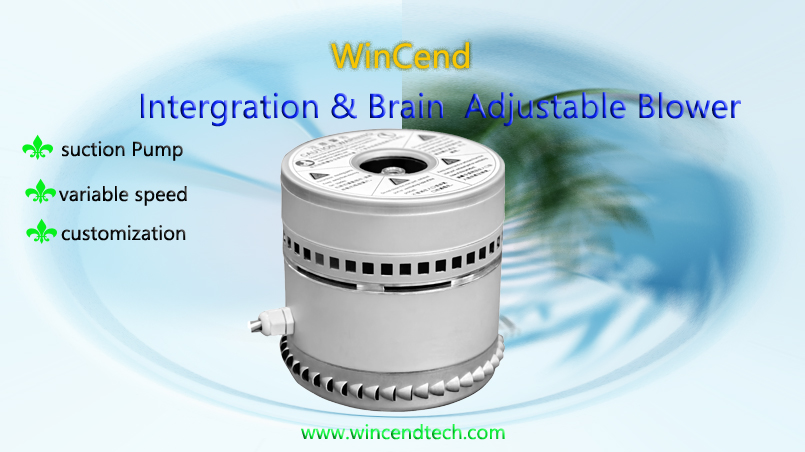- This topic is empty.
-
AuthorPosts
-
2025-10-27 at 4:49 pm #5187
In the rapidly evolving electronics industry, precision, efficiency, and reliability are paramount. WinCend industrial air blowers, also known as fans or blowers, play a crucial role in maintaining optimal operational conditions within various electronic systems. These devices are designed to move air efficiently, ensuring that electronic components stay cool, free from dust, and function within their specified parameters.

1. Cooling Systems in Electronics Manufacturing
1.1. Heat Dissipation in Semiconductor Fabrication
Semiconductor manufacturing is a highly sensitive process where temperature control is vital. Industrial air blowers are employed to dissipate heat generated during photolithography, etching, and other fabrication steps. By maintaining a consistent temperature, these blowers help prevent thermal stress and ensure the integrity of delicate wafers, thereby enhancing yield rates and product quality.
1.2. Cooling of High-Power Electronics
High-power electronics, such as servers, data centers, and industrial automation systems, generate substantial heat. Industrial air blowers are integral to these systems' cooling mechanisms, ensuring that components operate within safe temperature ranges. Axial and centrifugal blowers are commonly used, offering efficient airflow and precise control over cooling performance.
2. Dust Removal and Cleanroom Applications
2.1. Cleanroom Ventilation
Cleanrooms are essential for electronics assembly, particularly in the production of microelectronics and nanotechnology devices. Industrial air blowers are used in cleanroom ventilation systems to maintain stringent air purity levels. High-efficiency particulate air (HEPA) filters combined with blowers create a controlled environment, minimizing contamination risks and enhancing product reliability.
2.2. Dust Extraction in Manufacturing Lines
Dust and particles can cause short circuits, corrosion, and other defects in electronic assemblies. Industrial air blowers, equipped with suitable filtration systems, are employed to extract contaminants from the workspace, ensuring a clean and particle-free environment for assembly processes.
3. Enhanced System Reliability and Longevity
3.1. Preventive Maintenance
Regular airflow ensures that electronic components do not overheat, which is a leading cause of premature failure. Industrial air blowers, when integrated into a comprehensive cooling strategy, contribute to extended system lifespan by mitigating thermal stress and wear and tear.
3.2. Reduced Downtime and Maintenance Costs
Effective cooling and dust removal minimize the likelihood of component failures, thereby reducing unplanned downtime and maintenance costs. Industrial air blowers, with their robust design and long operational lifespan, contribute to a more reliable and cost-effective manufacturing process.
4. Energy Efficiency and Sustainability
4.1. Advancements in Blower Technology
Recent advancements in blower technology have focused on enhancing energy efficiency. Variable frequency drives (VFDs), aerodynamic optimizations, and advanced materials have led to blowers that consume less power while maintaining high performance. This contributes to lower operational costs and a reduced carbon footprint.
4.2. Compliance with Environmental Regulations
In the electronics industry, compliance with environmental regulations is crucial. Industrial air blowers designed with energy-saving features and minimal noise emissions help companies meet or exceed regulatory standards, fostering a more sustainable manufacturing environment.
Conclusion
Industrial air blowers are indispensable in the electronics industry, serving multiple critical functions from cooling and dust removal to enhancing system reliability and promoting sustainability. Their diverse applications, from semiconductor fabrication to cleanroom ventilation, underscore their versatility and importance. With ongoing technological advancements, these blowers continue to evolve, offering enhanced energy efficiency, reduced environmental impact, and greater overall system performance. By leveraging the advantages of industrial air blowers, electronics manufacturers can ensure high-quality production, minimize operational costs, and contribute to a more sustainable future.
http://www.wincendtech.com
WinCend Technology (Shenzhen) Co., Ltd. -
AuthorPosts
- You must be logged in to reply to this topic.